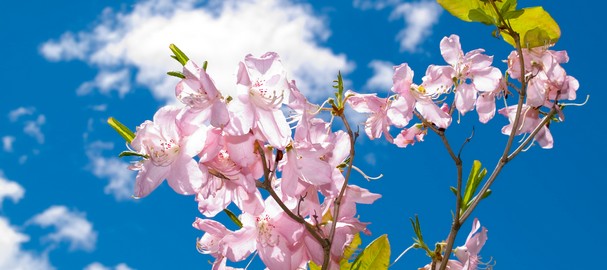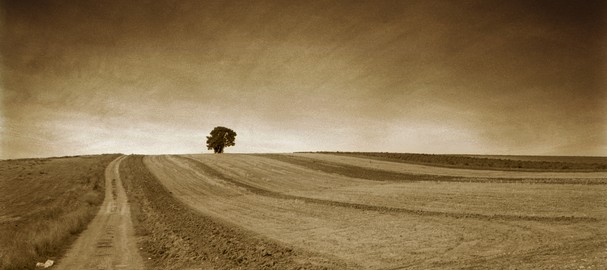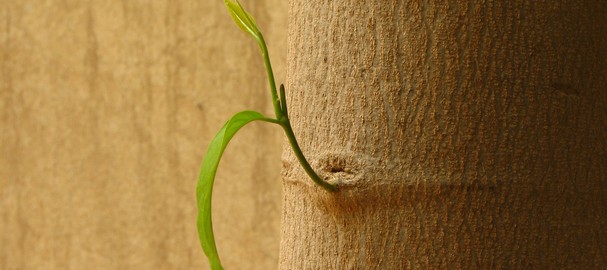In various respects, the Taymiyyan florilegium here presented might itself seem to have come from a garden of Suleiman (the Magnificent). . . . The red-white-and-blue of (respectively) love, politics and theology, give to this bouquet its principal strands of colour. Less striking but omnipresent are, also, the green of prophethood, the ochre of the community, and the black of the hearts. The picture thus offered has a high chromatic richness and a profound balance, with not a few quite unexpected quirks and touches.
Ibn Taymiyya combines with a sure hand an exceptional Scriptural expertise with an extraordinary competence in doctrinal analysis. However, it is not in that expertise and competence that one finds his most important quality. That is found rather in the vibrant emotion that animates the whole of his religious thought—whether he is explaining the worship of God or veneration of the Prophet, exploring the labyrinth of vain desires or that of true love, understanding the failings of the believers—the collective and the individual—or positioning himself in relation to the authorities and to others, Muslims and non-Muslims. And all that he does without ceasing to remind of the demands, at the very heart of the religion, of truth and light, of the struggle against injustice and evil, of faith and deed, of hearing and obeying, of treading the straight path and turning away from erro, of intelligence and careful deliberation, of brotherhood and tolerance, of peace and social engagement.
—Yahya Michot, Ibn Taymiyyah Against Extremisms. Dar Albouraq. Beirut, Lebanon. 2012. See pg. xxiii-xxiv.
وَاللَّهِ لَئِنْ بَقِيتُ لَيَأْتِيَنَّ الرَّاعِي بِجَبَلِ صَنْعَاءَ حَظُّهُ مِنْ هَذَا الْمَالِ
If God grants me life, I shall see to it that even the lonely shepherd in the mountains of San’a shall have his share in the wealth of the community.
—The Second Caliph ‘Umar ibn al-Khaṭṭāb [d. 23H/644CE]
Kitāb al-Kharāj of Abū Yūsuf, ḥadīth #55
Poverty in the midst of plenty is a negation of the very principle of brotherhood by which Islam stands and falls.
—Contemporary Muslim thinker Muhammad Asad [d. 1412H/1992CE], The Principles of State and Government in Islam. Islamic Book Trust, Malaysia. 1980. Pg. 91
This, then, is the deepest sociological lesson of Islam: there can be no happiness or strength in a society that permits some of its members to suffer undeserved want while others have more than they need.
—Muhammad Asad [d. 1412H/1992CE], The Principles of State and Government in Islam. Islamic Book Trust, Malaysia. 1980.




